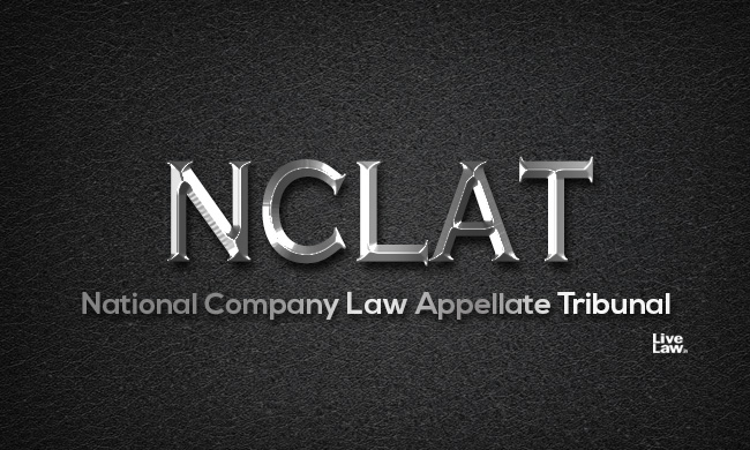Next Story
20 Sept 2023 1:00 PM IST
The National Company Law Appellate Tribunal (“NCLAT”), Chennai Bench comprising of Justice M. Venugopal (Judicial Member) and Shreesha Merla (Technical Member), dismissed an appeal filed in Mr. Maulik Kirtibhai Shah vs. United Telecom Limited. against the order of the National Company Law Tribunal (“NCLT”) Bangalore Bench which had dismissed the application under Section 9 of...

